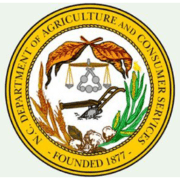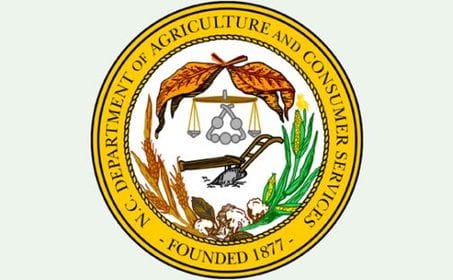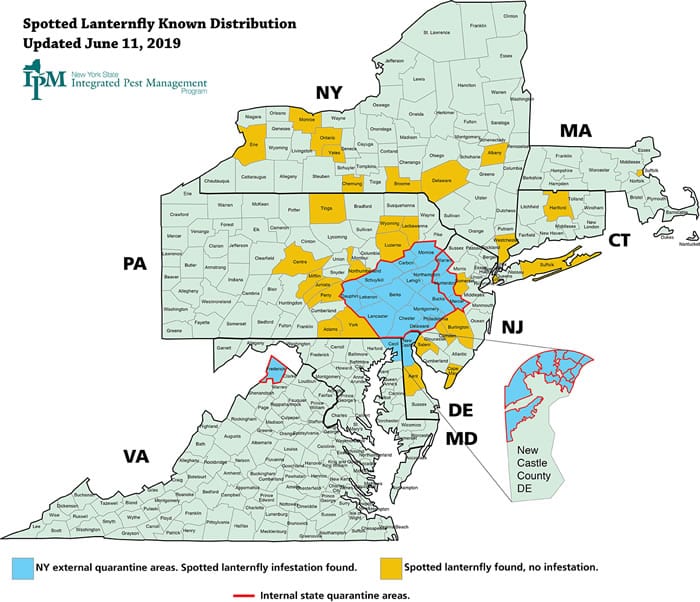Troxler Encourages Horse Owners To Vaccinate Equines Against Mosquito-Borne Disease
–information courtesy of N.C. Dept. of Agriculture
Agriculture Commissioner Steve Troxler is encouraging equine owners to have their animals vaccinated against Eastern Equine Encephalomyelitis and West Nile Virus.
“Mosquito-breeding season in North Carolina lasts from spring until the first frost and horses are at risk if not properly vaccinated,” Troxler said. “EEE is fatal 90 percent of the time in horses and WNV has a fatality rate of 30 percent. However, both diseases are preventable by vaccination.”
So far this year we have had no cases of EEE or WNV, but last year there were five cases of EEE and two cases of West Nile Virus, Troxler added.
State Veterinarian Dr. Mike Martin recommends that equine owners talk to their veterinarians about an effective vaccination protocol to protect horses from mosquito-borne diseases. The combination vaccination initially requires multiple injections for horses, mules and donkeys that have no prior vaccination history.
Mosquitoes can breed in any puddle that lasts for more than four days, so removing any source of standing water can reduce the chance of exposing animals to WNV or EEE. Keeping horses in stalls at night, using insect screens and fans, and turning off lights after dusk can also help reduce exposure to mosquitoes. Insect repellants can be effective if used according to the manufacturer’s instructions.
Symptoms of EEE include impaired vision, aimless wandering, head pressing, circling, inability to swallow, irregular staggering gait, paralysis, convulsions and death. Once a horse has been bitten by an infected mosquito, it may take three to 10 days for symptoms to appear.
Symptoms of WNV include fever, weakness or paralysis of hind limbs, impaired vision, head pressing, seizures and aimless wandering.
People, horses and birds can become infected from a bite by a mosquito carrying these diseases, but there is no evidence that horses can transmit these viruses to other horses, birds or people through direct contact.
Equine care also includes keeping up to date on equine infectious anemia (EIA) testing, commonly referred to as the Coggins test. “It’s also a great time to make sure your animal is current on its rabies vaccination,” Troxler said. “We have had a positive case of rabies in livestock already this year. All livestock are naturally curious animals, which puts them at risk for a bite if a rabid animal gets through their fence line.”







 North Carolina has no reports of this invasive pest. Spotted Lanternfly is an invasive planthopper native to China that could cause billions of dollars in loss to NC agriculture, tourism and trade should it become established in our state. This pest is a hitchhiker and can be easily moved long distances on vehicles, campers and outdoor equipment.
North Carolina has no reports of this invasive pest. Spotted Lanternfly is an invasive planthopper native to China that could cause billions of dollars in loss to NC agriculture, tourism and trade should it become established in our state. This pest is a hitchhiker and can be easily moved long distances on vehicles, campers and outdoor equipment.